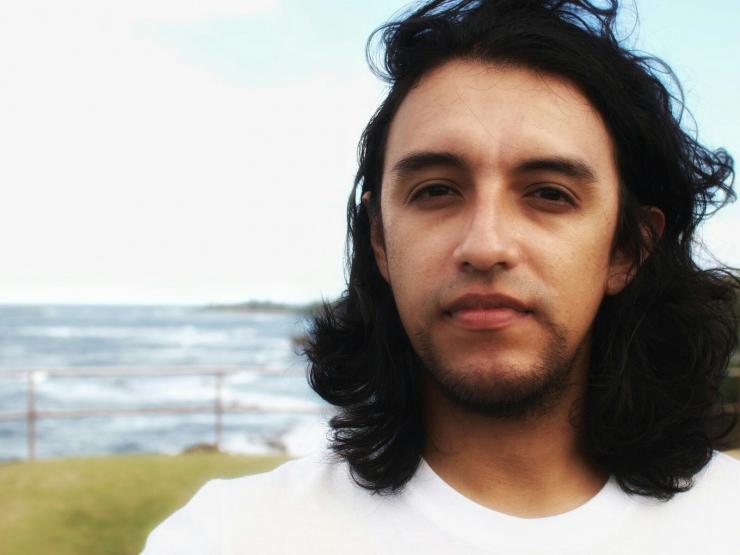Luis Miguel Rodriguez-Rojas graduated with a Ph.D. in Bioinformatics with a minor in Biomedical Engineering. He came to Georgia Tech with an M.S. in Biological Sciences from Universidad de Los Andes, in Bogota, Colombia; an M.S. in Applied Informatics from Université Montpellier 2 (currently Université de Montpellier), in Montpellier, France; and B.S. in Biology from Universidad Nacional de Colombia, in Bogota. He is off to a postdoctoral position in Georgia Tech's School of Civil and Environmental Engineering.
What attracted you to study in Georgia Tech? How did Georgia Tech meet your expectations?
The main reason was my advisor, Dr. Kostas Konstantinidis. I read some of his work while I was an undergraduate and was fascinated by his research. While studying for my master's degree, I had the privilege of visiting his lab for two weeks. During this period, I became convinced that I wanted to work in microbial ecology, and he offered to receive me as a Ph.D. student. Once I started the program, I quickly realized that Georgia Tech exceeded my expectations, offering a far richer campus life than I had anticipated.
What is the most important thing you learned while at Georgia Tech?
Balancing work and academic life with other activities. I became involved in social dancing, a hobby I've cultivated and enjoyed for over three years now, learning salsa, bachata, zouk, and tango. I discovered in Georgia Tech the importance of this balance in carrying out a productive and happy academic life.
What surprised you the most at Georgia Tech? What disappointed you the most?
I was surprised by the variety of cultural activities. Having a stereotypical image of a technology institute in mind, I was pleasantly surprised by poetry recitals, concerts, dance and theater performances, and many more activities on campus. After the success of the BVN Youth Poetry Slam semifinals at Georgia Tech in summer 2015, it was a disappointment that Tech didn't continue to build on promoting slam poetry.
Which professor(s) or class(es) made a big impact on you? Why?
Certainly my advisor, Dr. Konstantinidis. Not only did I learn about microbial ecology from him, but also his frequent encouragement to critically discuss ideas has prepared me for scholastic discussion outside of Tech.
What is your most vivid memory of your time at Georgia Tech?
I cherish with particular warmth my memories of the Salsa Club, first as a regular member and later as a board member and an instructor.
On the basis of your experience, what advice would you give to incoming new graduate students at Georgia Tech?
Learn to say no and value your free time.
Learning to say no is hard, but as graduate students we often get bombarded with options and our first instinct is to try and cover them all. Some diversity in research topics is highly desirable, but it's important to find a balance in which, at the end, a consistent story can be told in the dissertation.
Another area in which balance is hard to find is time management. We tend to err on the side of too much academic involvement and little or no personal life. Hobbies are important, they keep us healthy, happy, and productive, and it's our own job to cultivate them and devote some time to them.
What feedback would you give to Georgia Tech leaders, faculty, and/or staff to improve the Georgia Tech experience for future students?
I would encourage more curricular freedom for graduate students. I was fortunate enough to be in the Ph.D. in Bioinformatics, a program with great latitude on the courses I could (or should) take. And yet, even in this program, I was never presented with the possibility of attending classes outside of the main program areas, while most advisors explicitly discourage this. For example, Georgia Tech offers very interesting courses in the humanities that are never mentioned to graduate students in the sciences or engineering.
Where are you headed after graduation? How did your Georgia Tech education prepare you for this next step?
I'll stay in Georgia Tech for a short-term postdoctoral position in the School of Civil and Environmental Engineering. I plan on continuing in an academic career, for which Georgia Tech has prepared me with valuable practical experience in research, collaborations with faculty and students from other laboratories, and proposals of novel research ideas and projects.
News images

News Image Captions
(click image to view larger)
Student News
